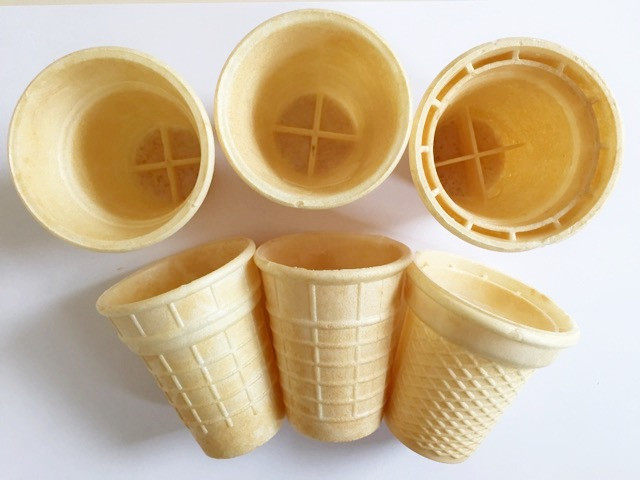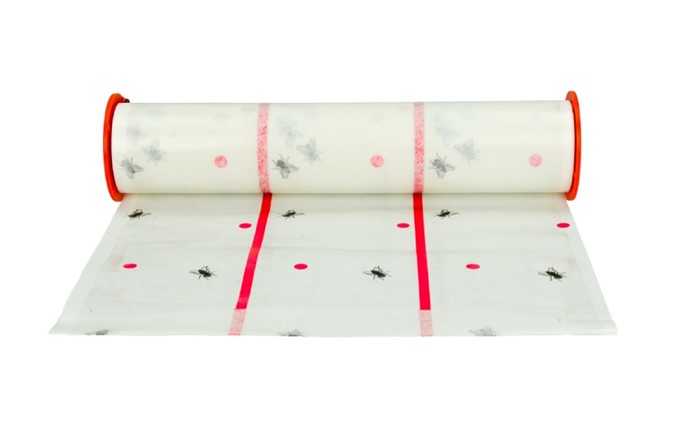EU allowed Lithuania to transit coal to Kaliningrad with restrictions
After the entry into force of the EU ban on the transportation of Russian coal and other solid fuels, from August 10, Lithuania, as an exception, is allowed to transit sanctioned products in limited quantities by rail. This is reported by the Lithuanian news agency Baltic News Service (BNS).
This interpretation of restrictive measures was presented by the European Commission, the agency writes. According to the Lithuanian Railways (Lietuvos geležinkėlių), in the first five months of this year, 1 million tons of coal were transported through Lithuania to the Kaliningrad region. The interpretation of the EC allows to reject 5% of applications for the transit of sanctioned goods, the company said.
“According to the procedure provided for in the EC directives, so far rejected applications for the transportation of goods between Russia and the Kaliningrad region through the territory of Lithuania were isolated cases and accounted for up to 5% of all applications for goods transported in this direction,” a representative told BNS Kotrina Dzikarayte company.
In Lithuania, there were problems with transit to Kaliningrad because of banks Politics
Russian shipments of sanctioned goods to the Kaliningrad region, which is separated from the main part of Russia, were restricted by Lithuania in mid-June. Vilnius referred to the restrictive measures of the European Union, building materials, wood, metal, cement, ALCOHOL , fertilizers and other products were banned.
The Russian authorities called the actions of Lithuania illegal, after criticizing Moscow in the European Union in mid-July, they clarified the conditions for restrictive measures. In Brussels, it was established that road transit to Kaliningrad remains prohibited, and transportation by rail is possible in the case of “effective control”. The Lithuanian Foreign Ministry noted that the European Commission has introduced quotas for the transit of sanctioned goods.
By the beginning of August, a number of limits on the transportation of such products had been exhausted, Kaliningrad Governor Anton Alikhanov said. He clarified that it was, in particular, the transit of iron, steel, oil and oil products, fertilizers and timber.
Pro Builders have begun wage races for workers. How the industry is changing Forecasts Pro "I left the boss humiliated": “No one understood the boss.” How to Change Your Speech to Lead Better Instructions Pro "You're Just a Cog":Kazakhstan doubled coal supplies to the EU after the launch of Russia's special operation Business
The European Union approved a ban on the purchase, import or transit of Russian coal and other solid fossil fuels as part of the fifth sanctions package adopted in April. The parties could fulfill the contracts concluded before April 9, and the ban came into force on August 10. The European Commission considered that the restriction would affect a quarter of all Russian coal exports worth €8 billion a year. Sanctions against Russian coal were also imposed by the United States , Japan and Switzerland, and the UK promised to join these measures.



























































